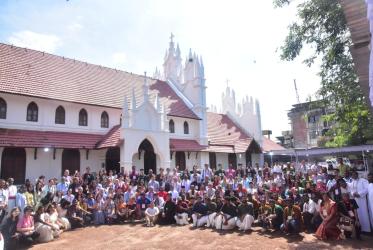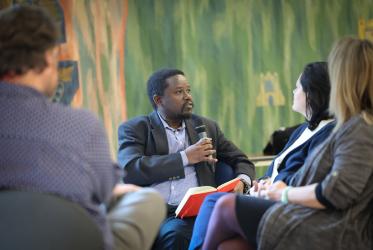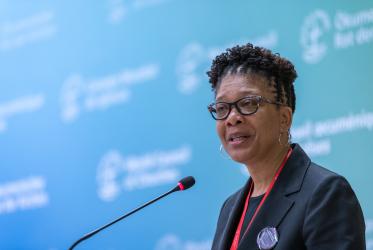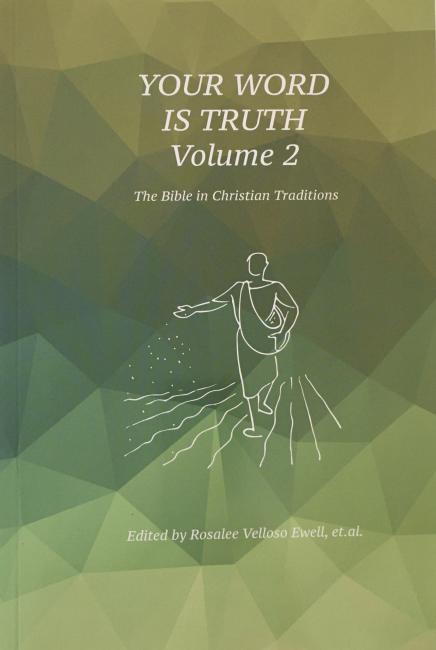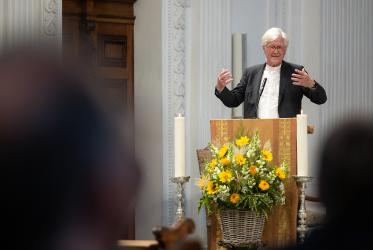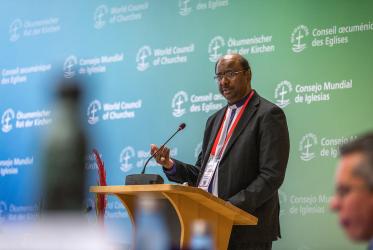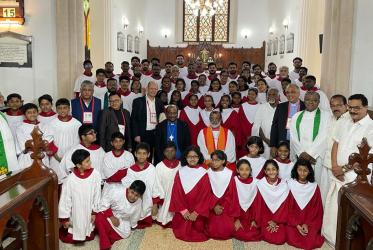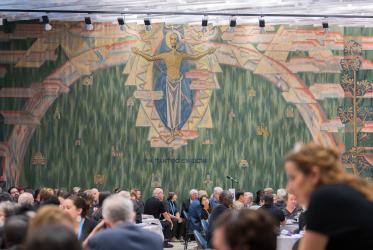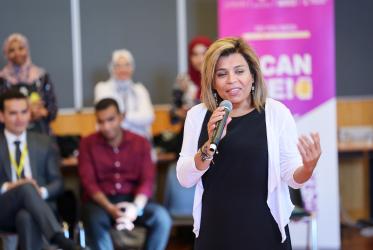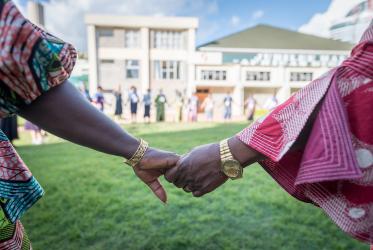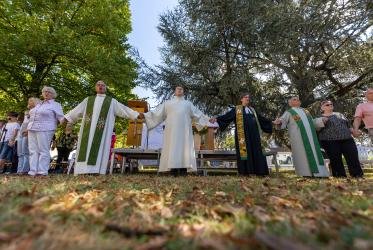Displaying 41 - 60 of 508
02 November 2023
Ahead of Her Time
Pan-African Women of Faith and the Vision of Christian Unity, Mission, and Justice
01 November 2023
A Guide for Churches on the Prevention of Obstetric Fistula
26 October 2023
At peace conference, WCC focuses on overcoming racism
26 October 2023
WCC moderator calls for a “reformation of hope” based on love
10 October 2023
Recommended Practices to Combat HIV-Related Stigma
A Guidebook for Local Faith Communities
05 October 2023
Faith Sector Implementation of the Global AIDS Strategy
05 October 2023
ACT Alliance general secretary: “equity is not negotiable”
26 September 2023
Greetings pour in to commemorate WCC’s 75th anniversary
22 September 2023
Celebratory event discusses Black leaders’ contributions to WCC
06 September 2023
